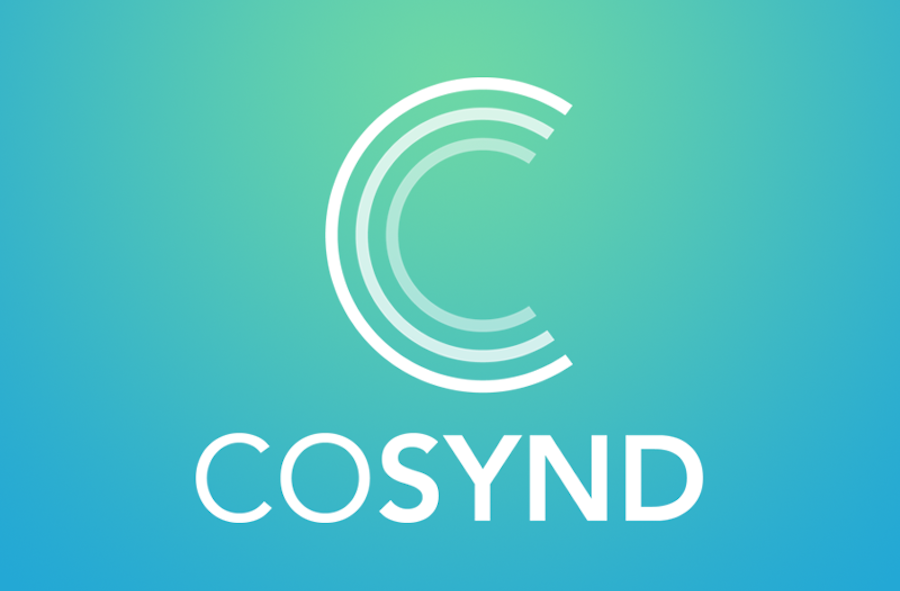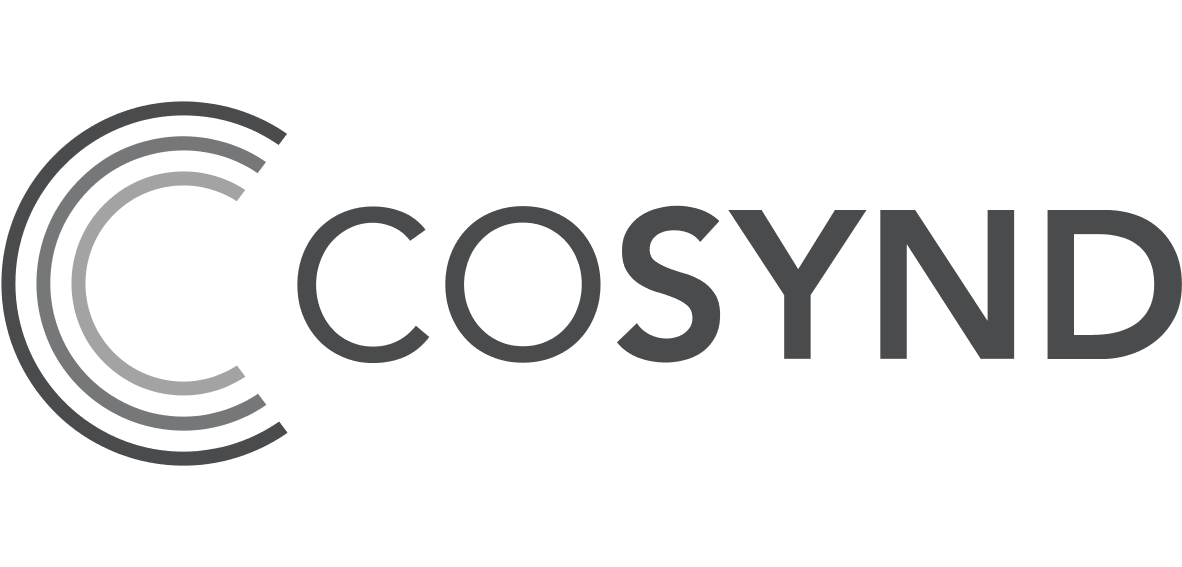Cosynd is a New York-based legal service automating copyright contracts and registrations. We recently sat down with CEO Jessica Sobhraj to discuss the company’s evolution, the game-changing services they offer to creators, recent copyright legislation and much more…
You’ve had quite an extensive history in the industry. What led you to launch Cosynd?
I’ve been working in sync licensing for over ten years and one of the things that I noticed consistently is that there isn’t an easy way to document who owns music. I had my own licensing company for a while, then I worked with SESAC who ended up buying Rumblefish. My speciality was working with traditional syncs, so film, TV, advertising and gaming, and I would be the person in between the artist and the client trying to facilitate all of the legal paperwork.
The number one thing that kept happening was I kept having to go back to our team and asking, “Who actually owns this music?” I had so many conversations with music creators but also photographers, producers, you name it, and they all said we have a hard time documenting who actually owns the art and registering copyrights. So after 10 years of re-encountering the same problem over and over I pulled together a bunch of industry experts and we formed Cosynd.
Can you talk us through the evolution of the company and the product?
We launched in beta in October 2018 and then officially in February of this year and the response has been amazing – hundreds of creators are joining every week. We started off doing split sheets and the thing that separates us from other applications is that you can use a split sheet to document any kind of copyright. So if you’re an artist, you can use a split sheet to document ownership of your music videos, your compositions, your lyrics, your album art, anything you’re creating. Secondly, we use actual legal signatures in all of our agreements so you can actually sign them and finalize them.
We then added premium split sheets, which lets you say not only who owns the copyright but also who can license it, and that’s something no other company does. That was born out of a lot of complaints we were seeing across the Women in Music community, which is not only the largest and longest running non-profit for women in the arts, but also one of the greatest hubs for creators to share resources and talk to each other. We’d hear from artists who were seeing their music being licensed by someone else and not getting a dime for it, so with a premium split sheet they are able to say I am the only person who can license this.
The next agreement we rolled out was a work for hire agreement, which can be used for pretty much any scenario. Whether you’re having someone help with your album artwork or you’re bringing on an engineer or session musicians, it’s a good way to make sure that these collaborators don’t come back and try to claim ownership of the work. And then after that we released the ability to register directly with the U.S. Copyright Office. Following that, we also released the ability to create producers agreements. I think we’re the only place in our industry where you can actually get these things done easily and affordably.
Money aside, the biggest advantage is the time you save. Some people find it difficult to register directly on eCO, the Copyright Office’s website. There’s a big risk that you may file the wrong application. That’s why the process can take five or ten months to complete because of errors like that. When you’re registering through Cosynd the process is very simple and you know you’re entering the right information because we’re our guiding you through it.
It’s great to see you partnering with other digital services like our client CD Baby
We’ve been having a lot of fun with that relationship and it’s started to spin off into other distributors and communities wanting to partner with us. I think everyone in our industry feels that specific pain. We all feel what happens when we don’t have the right ownership information or we’re working with an artist who hasn’t done a producer agreement and now we’re in trouble because we’re repping their content. And we’re tired of seeing creators lose because they didn’t know that they had to have these agreements in place or register their copyright. Our partners see us as a way to provide real value to their members and also help them save a ton in legal fees.
You’ve just launched Cosynd Pro which is aimed at labels, publishers, managers and law firms. Can you tell us about that?
Cosynd Pro was born out of businesses coming to us with exactly the same issues that content creators have. They needed an easy way to create content ownership agreements and with Cosynd Pro you’re able to create those between any party, whether that’s artist to artist, artist to business or business to business. You don’t even have to be a party in those agreements yourself so if you’re a management company, for example, you can use Cosynd Pro to take care of some of the most important legal agreements for your artist’s albums. Everything is negotiated and signed directly on one central document which cuts out the time spent on multiple emails and phone calls back and forth. The reduction in drafting time is definitely a point of interest for law firms. Our platform is helping them standardise the way that they draft agreements so that both the firm and their clients end up saving time and money.
Cosynd has recently been accepted into Morgan Stanley’s Multicultural Innovation Lab accelerator program. How has that helped you to develop the business?
It’s been one of the most beneficial things to ever happen to us. The team at Morgan Stanley has been phenomenal in terms of helping us to grow our business with the right capital, content, and connections. They absolutely understand what it means to be a diverse team like ours, led by women, and are unbelievably supportive. Our conversations now with investors are largely focused on not only helping the creative industry, but also ways that Cosynd’s technology can be applied to other industries. With our platform you can automate any kind of legal agreement there is.
That’s amazing, and this accelerator is designed specifically to help build and scale startups founded by women and multicultural entrepreneurs?
That’s right. At Cosynd our team is 80% female, 60% minority and 20% military. We’re one of those teams that statistically should not exist but we do! Companies like ours traditionally receive less than 3% of venture funding, which means that we have to work harder and faster to build every advantage that we can. By far, the key to our success was to surround ourselves with incredible advisors and mentors from the very start. We built the advisory board well before a single line of code was ever written! Their guidance was instrumental throughout the entire process and helped us to overcome hurdles that teams like ours typically face.
You’ve also recently expanded the team, bringing seasoned music tech executive Liz Cimarelli on as COO/Head of Business Development
Liz is amazing. She’s one of those biz dev ninjas, and when I use the term ninja, I really mean it. She’s so great at what she does that it was kind of a no brainer bringing her on board. She has more than fifteen years’ experience leading strategic efforts for major corporations including Nielsen Entertainment, Sementric / Musicmetric, MusicMind Tracks, MediaEdge, and McCann / MRM Worldwide. She’s also a massive data nerd which is really central to what we do because we’re building one of the fastest growing databases of verified copyright ownership data.
Let’s talk about current and future legislation like the MMA and the CASE Act. What are your thoughts on how this will impact the industry?
With every single issue and piece of legislation coming across the board there is one unifying element: the importance of having verified ownership data. You can’t just show up and make a phone call and say, yeah, I own that piece of music. You need paperwork. With the MMA, copyright owners may have to produce some form of proof of ownership in order to claim those royalties.
In March of this year the Supreme Court mandated that in order to file any sort of lawsuit you have to register your copyrights with the Copyright Office. Right now, we’re seeing copyright infringement cases get thrown out because a registration wasn’t filed and granted. The other piece of legislation that’s really important is the CASE Act, which has just passed the Senate Judiciary Committee and is going forward for vote. If passed, the act will make it easier and more affordable for people who have registered to actually pursue infringement cases and get paid. The legislation would create a copyright small claims court that would hear each case, removing the need to pay a ton in legal fees. It’s really the government’s way of making it easier and cheaper for copyright owners to actually enforce their rights.
I’m really proud to say that we formed this company at the exact right time and that we’re the only ones in the space that help you get all of your paperwork and agreements and registrations done faster. Although we started off doing split sheets, we’ve morphed into something that’s so far beyond that. The split sheet is not enough anymore – you actually have to go the full route and get all of these things done. We really want to make the process as easy as possible otherwise nothing is going to change. We truly believe that in order to protect our industry, we need to protect our creators first.

